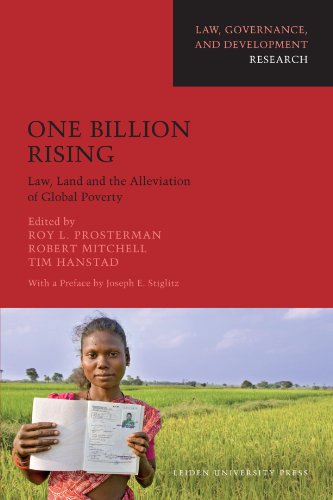

Most ebook files are in PDF format, so you can easily read them using various software such as Foxit Reader or directly on the Google Chrome browser.
Some ebook files are released by publishers in other formats such as .awz, .mobi, .epub, .fb2, etc. You may need to install specific software to read these formats on mobile/PC, such as Calibre.
Please read the tutorial at this link: https://ebookbell.com/faq
We offer FREE conversion to the popular formats you request; however, this may take some time. Therefore, right after payment, please email us, and we will try to provide the service as quickly as possible.
For some exceptional file formats or broken links (if any), please refrain from opening any disputes. Instead, email us first, and we will try to assist within a maximum of 6 hours.
EbookBell Team

5.0
20 reviewsIn an age fueled by globalization and focused on the struggling citizens of the urban metropolis, it might come as a surprise to learn that most of the world’s 1.4 billion poorest people are still rural. Unfortunately, the vast majority of these populations lack ownership of—and rights to—the land that forms their principal source of livelihood. Although land reform and related legal work have transformed the lives of millions of families by providing secure land rights, not all such efforts have succeeded. That mix of success and failure has been a big part of the reason that, in recent years, the conventional wisdom concerning law and land tenure reform—what is needed, what is possible, and how such reform contributes to pro-poor development—has changed, sometimes in striking ways. In this timely and important volume, lawyers from the Rural Development Institute and the University of Washington’s School of Law in Seattle use four decades worth of research on the results of land tenure reform efforts around the world in order to address how we might better meet the struggles to understand and change the plight of the rural poor.